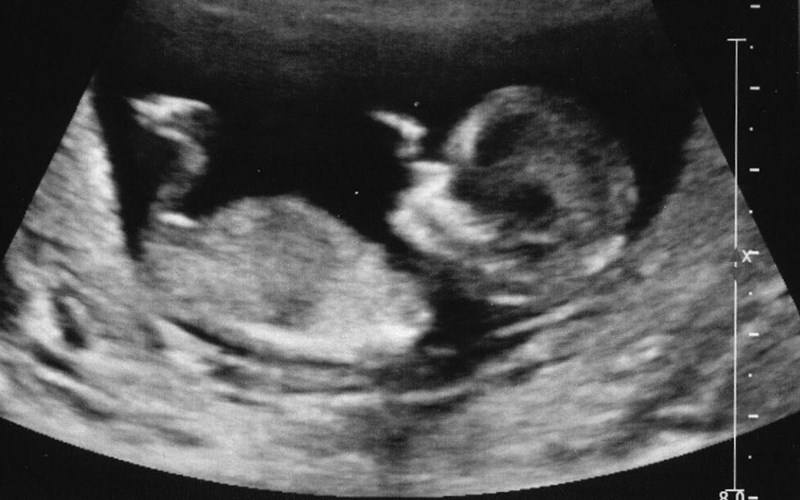The British Heart Foundation funded a study at the University of Oxford to look into why 180 babies out of about 4,000 born each year – or 12 babies a day -- have congenital heart disease. Katrina Furth, Ph.D., associate scholar at the Charlotte Lozier Institute, says doctors wanted to know more about how a baby's heart forms in the womb.

"Specifically they were looking in mice and seeing that the heart cells start contracting at seven and a half days after conception, which would be equivalent to about 16 days after conception in the human," Furth explains.
The Texas heartbeat law is saving babies from abortion every day by putting a halt on terminating preborn babies whose heartbeats can be detected. That is currently at about six weeks into the pregnancy. But according to the study, published in the journal eLife, the "first of our three billion heartbeats is sooner than we thought."
"Most scientists would still peg the start of the fetal heartbeat at 22 days after conception, so that would be three weeks and one day after conception," Furth continues. "We're talking with two different dating systems here, so six weeks gestation would be four weeks after conception."
Other scientists contend the early activity is just a contraction of the heart, which is a muscle. But Furth contends at that stage of development, the baby needs blood to flow through the already existing system, and it takes a heartbeat to do that.







